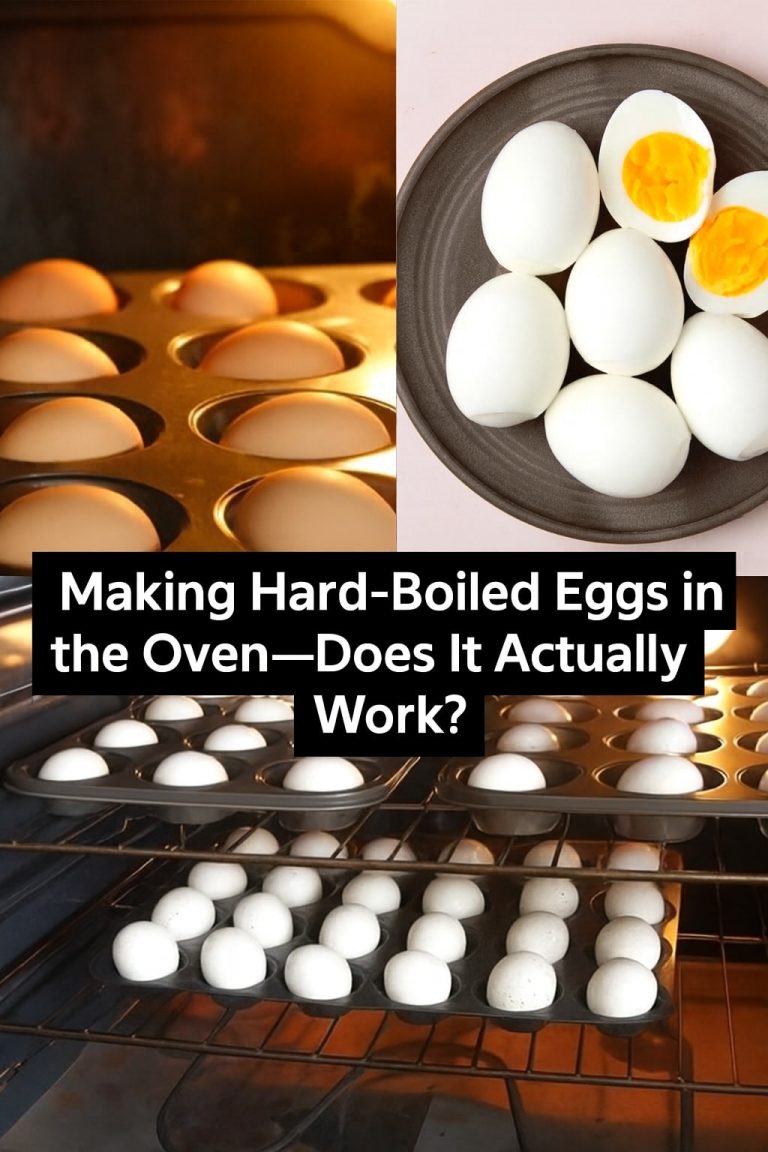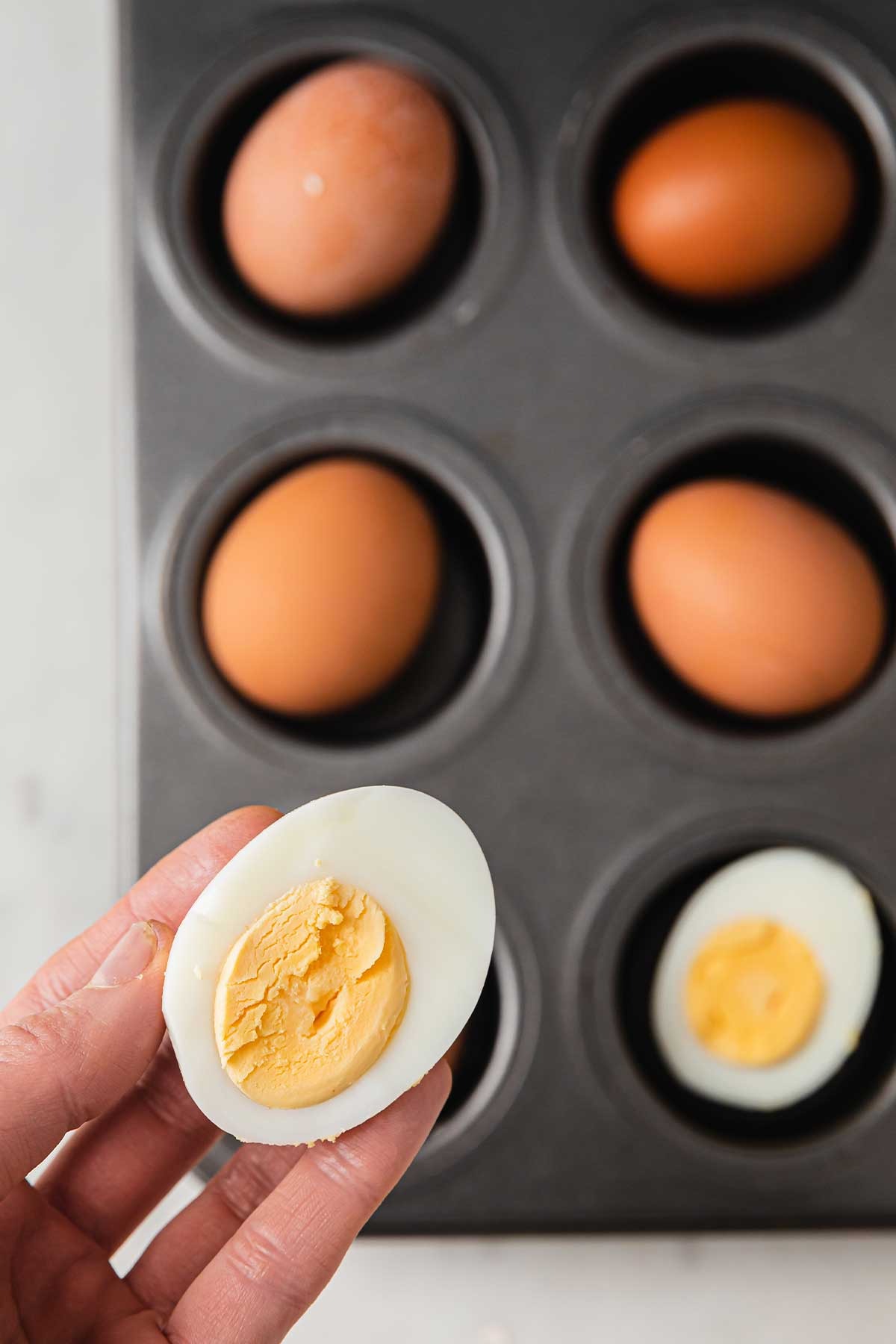ADVERTISEMENT
Making Hard-Boiled Eggs in the Oven—Does It Actually Work?

This cool-down step is essential—it stops the cooking process and helps make peeling the shells easier. Once cooled, you can peel and enjoy them right away, or store them in the fridge for up to a week. Just know that peeled eggs are best eaten within three to four days for peak freshness. So, what are the pros and cons of baking versus boiling? On the plus side, you can set it and forget it—no babysitting a pot, no risk of water boiling over. It’s also great for making large batches of eggs, whether you’re meal-prepping or getting ready for a picnic. Some folks say the eggs peel more easily, and there’s less chance of them cracking during the cooking process compared to boiling. But there are some trade-offs. Baking takes longer—around 25 to 30 minutes compared to about 10 to 12 minutes on the stove. Plus, the results can vary depending on how evenly your oven heats. You might find brown spots on the eggshells from the oven racks, and overbaking can lead to rubbery egg whites.

Taste-wise, oven-baked eggs are slightly different. The whites tend to be firmer, and the yolks can dry out a bit if overcooked. The real issue is the potential for overcooking, which can cause that unattractive green ring around the yolk. This discoloration is just a harmless chemical reaction between the sulfur in the whites and the iron in the yolks, but it’s definitely not pretty. Now let’s talk about the bane of many breakfast lovers’ existence—peeling. Peeling hard-boiled eggs can either be effortless or an exercise in frustration.
see continuation on next page
ADVERTISEMENT